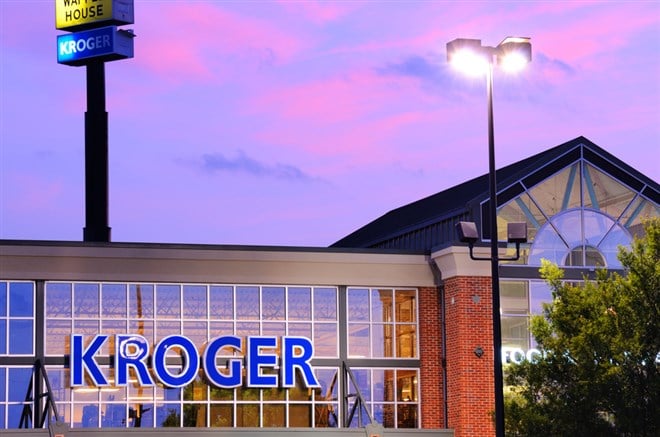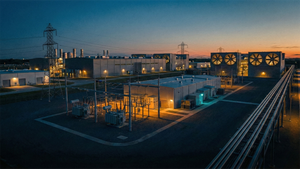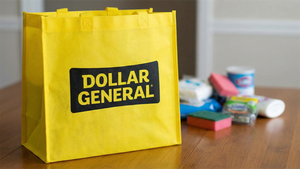
Inflation continues to be a major story that’s driving markets. And that’s the underlying plot behind the announced merger between Kroger (NYSE: KR) and Albertsons Companies (NYSE: ACI).
On October 13, 2022, Kroger announced that it would pay $34.10 for each Albertsons share to buy the company. This results in a $24.6 billion deal that will make the combined company the second-largest grocery chain in the United States. The $34.10 share price is a premium to the $26.21 closing price on October 14.
The merger is not expected to be completed until 2024, and there are potential obstacles in the way. Nevertheless, it’s an appropriate time to ask if now is a good time to invest in either of the two companies.
The answer seems to be if you believe that this is a question of bigger becoming better.
The Deal is About Pricing Power
This merger would combine the largest (Kroger) and second largest (Albertsons) supermarket operators in the United States. The two companies have a combined 710,000 employees and approximately 5,000 stores under various brand names.
But investors shouldn’t be mistaken. This deal is all about Krogers and Albertsons being in position to better compete with Walmart (NYSE: WMT) and Costco (NASDAQ: COST).
While not pure plays on the grocery sector, Walmart and Costco have significant market share. Costco has the benefit of a loyal membership base and Walmart is taking steps to expand the scale of its grocery business. And like Amazon (NASDAQ: AMZN) when Walmart decides to make such moves, it’s a company that has the size to get the lowest possible prices from its suppliers.
To that end, Kroger announced plans to reinvest about half a billion dollars of the anticipated cost savings from this merger to reduce prices for consumers.
What Could Go Wrong?
The simplest answer to this is that the deal may not be approved by Congress. Within 24 hours after the announcement, Senators Elizabeth Warren and Bernie Sanders were already warning against the potential monopoly that this merger would create.
This deal would put the combined (and yet-to-be-named) entity in second place among all grocery retailers between Walmart (#1) and Costco (#3).
However, as noted above, the reason behind this merger is to give Kroger and Albertsons the ability to provide lower prices for its customers. This in turn will allow it to better compete with mega-chains like Walmart and Costco.
While that may not be good news for regional chains such as Publix, the companies are pledging to close stores in areas where the two chains overlap a market.
Will This Be a Case of Bigger Making Better?
If the merger was supposed to excite investors, it’s hard to know what disappointment would look like. Both KR stock and ACI stock got a lift after the merger announcement, but both dropped sharply on Friday. Kroger stock finished flat for the week while Albertsons was holding onto a 6% gain (it had been up over 9%).
The downward move in both stocks is likely due to the overarching macroeconomic issues that still weigh on the market. And chief among them is NYSE: KR">inflation which this week’s CPI and PPI numbers showed is still as much of a problem as ever.
Analysts give each stock over a 20% upside from their respective prices. However, no analysts have weighed in on either stock since the merger announcement. That will likely come as the companies report earnings. Albertsons is due to report on October 18; Kroger’s will report on December 1.
It may be tempting to buy one or both of these stocks (Kroger appears to be the better buy to this writer). But with food inflation far from under control, it may be best to wait until there’s more clarity about the status of the merger.





